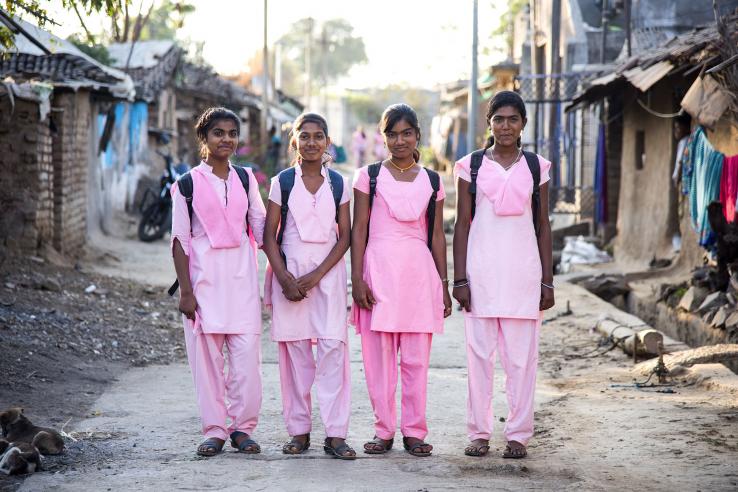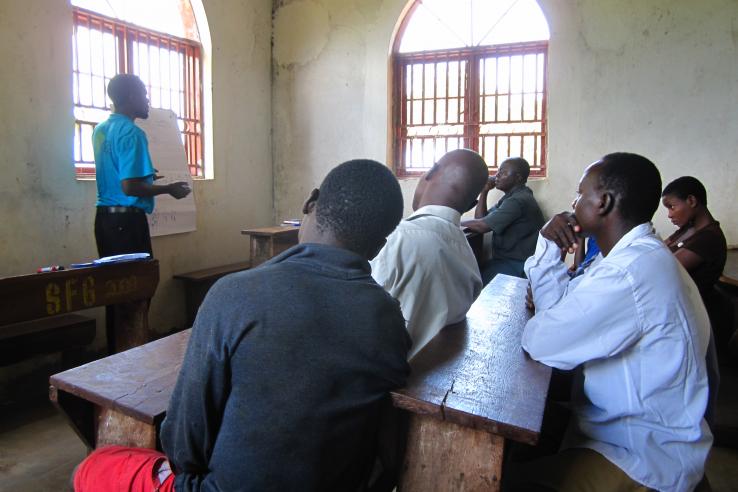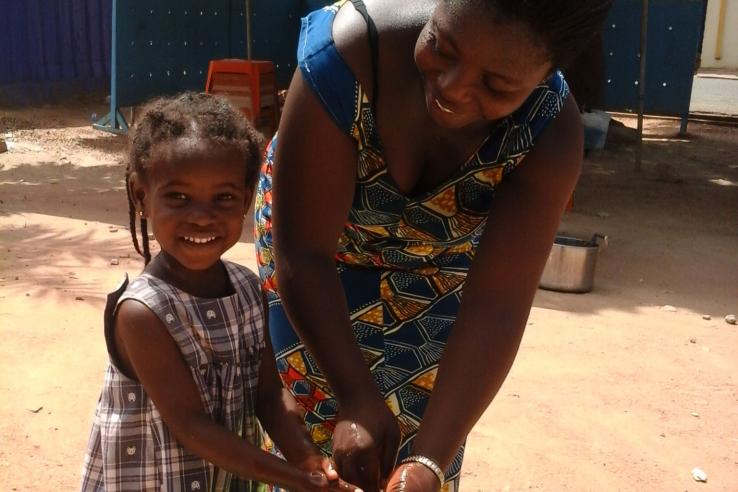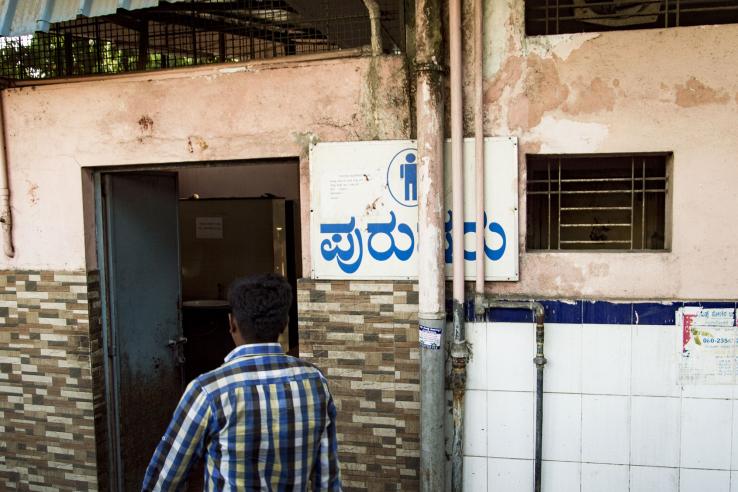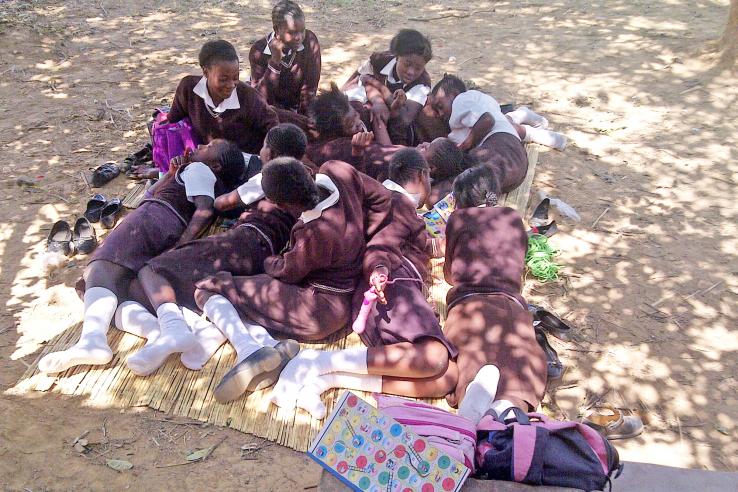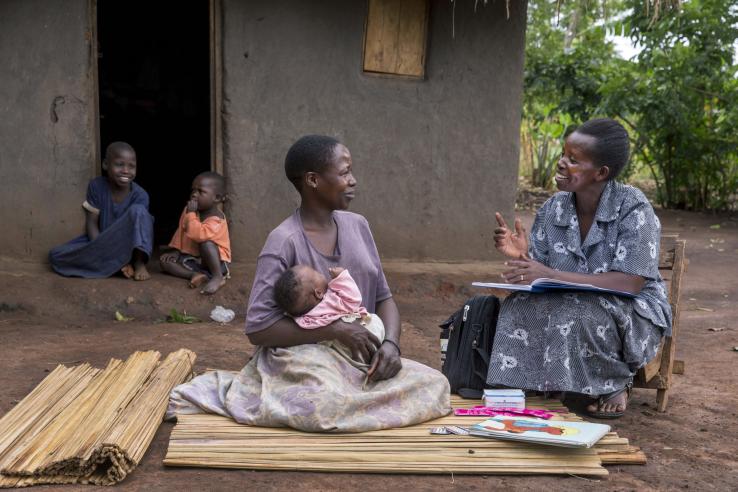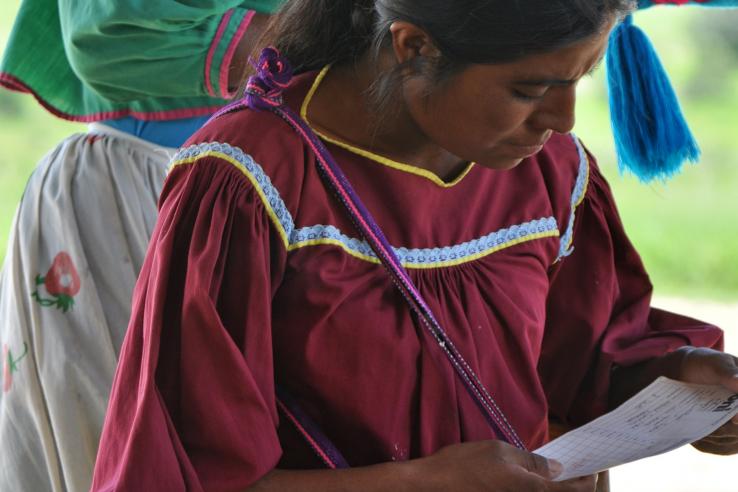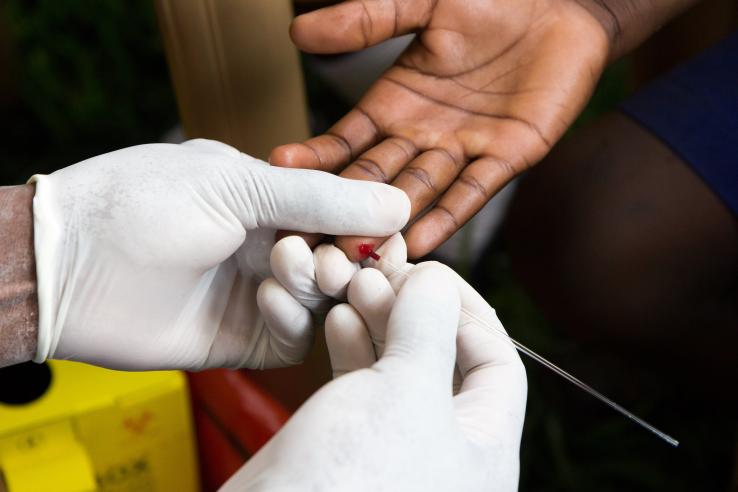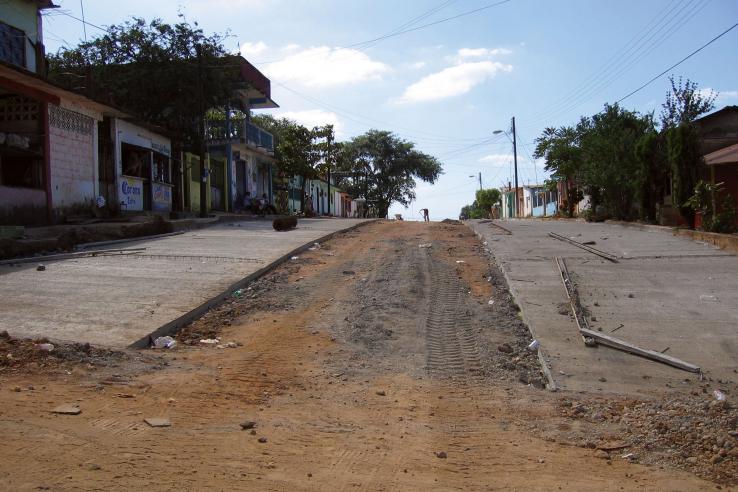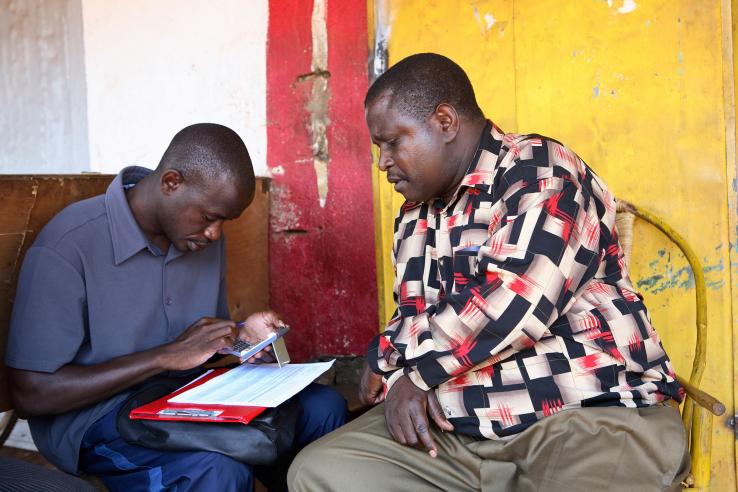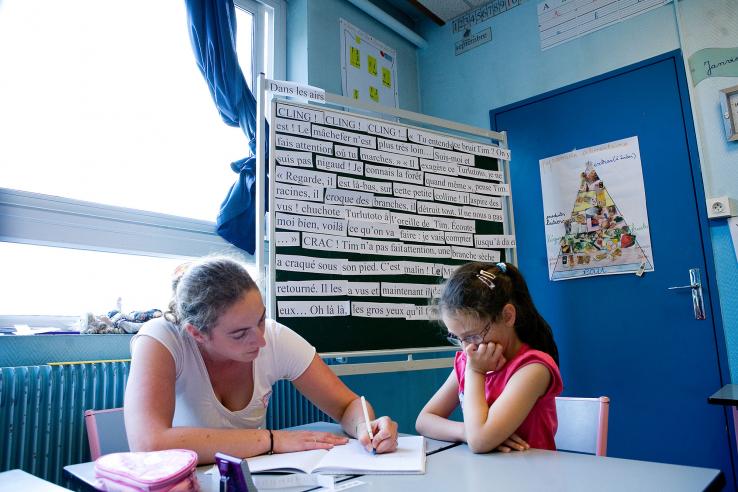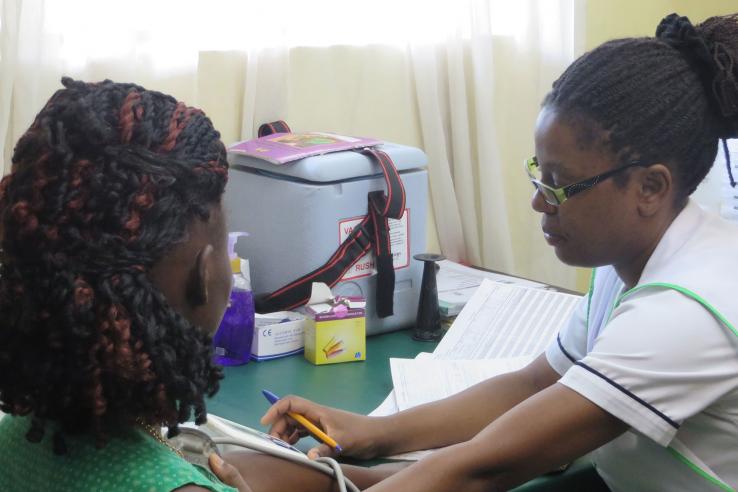Displaying 4126 - 4140 of 8182
Evaluation
In 2008, women accounted for 18 percent of parliamentarians worldwide, and only 13 countries had a female head of government. In India, researchers studied the impact of a constitutional amendment that reserved village council leadership positions for women on adolescent girls’ career aspirations, educational attainment, and labor market outcomes. The gender gap in adolescent educational attainment was erased in villages with female leaders, and girls spent less time on household chores. Furthermore, adolescent girls had higher aspirations, as did their parents on their behalf.
Evaluation
Youth unemployment—an acute problem in Sub-Saharan Africa—can have long-term negative implications, both on individuals’ quality of life and on broader socio-economic development outcomes. A lack of necessary skills is often cited as contributing to high unemployment, and there is little evidence on what types of training can lead to positive outcomes. In an ongoing evaluation, researchers are investigating the impact of entrepreneurship training and the role of soft versus hard skills on Ugandan youth.
Blog
J-PAL affiliate and Director of Opportunity Insights Raj Chetty reflects on partnering with J-PAL North America to evaluate an intervention called Creating Moves to Opportunity, which aims to help lower-income families in the United States to move to higher-opportunity areas.
Evaluation
In Ghana, researchers are evaluating the impact of a health communications program, which includes in-person, radio, and mobile phone interventions, on five key health behaviors.
Evaluation
Researchers are evaluating the effect of improving communal toilet facilities, and implementing innovative systems for facility maintenance, on the use of community toilets in Orissa, India.
Evaluation
In Sub-Saharan Africa, young girls drop out of school at higher rates than boys. A large portion of drop outs occur between primary and secondary school, when families in most countries have to start paying fees for their children to continue attending school. In Zambia, researchers designed and evaluated the impact of a training that taught adolescent girls non-cognitive skills to negotiate health and educational decisions with authority figures in their lives. They found that girls who were taught negotiation skills had better educational outcomes in the following three years. The negotiation training appeared to have larger effects on girls with higher abilities.
Evaluation
In Uganda, researchers conducted a randomized evaluation to test the impact of a communication training program targeting mothers on child health investments. The intervention increased spousal discussion about the family’s health, nutrition, and finances.
Person
Cristian Larroulet holds a bachelor's and a master's degree in Economics from the Pontificia Universidad Católica de Chile. He joined J-PAL in 2010, as a master's student, to work on a project about the role of information in high school enrollment decisions. After some years working for J-PAL LAC...
Evaluation
Researchers expanded microcredit offerings in Sonora, Mexico to evaluate the effect of improved credit access on economic and social outcome. They found that microcredit increased access to formal financial services and enabled some businesses to expand, but did not increase household income or prompt new business creation.
Evaluation
In Tanzania, researchers examined whether making cash payments conditional on testing negative for sexually transmitted infections (STIs) can improve safe sex practices among young adults. They found that offering cash incentives of US$20 significantly reduced STI rates after one year, although smaller incentives of US$10 had no effect.
Evaluation
Many urban areas in developing countries lack basic services such as piped water, electricity, sewage lines, and paved roads. Researchers analyzed the effect of paving streets in residential areas in Mexico on the living standards of adjacent households. Street paving increased property values, allowing households to purchase more home appliances and vehicles and to invest in home improvements. A cost-benefit analysis suggests that the economic returns to paving streets outweighed the construction costs.
Evaluation
Researchers assessed the impact of a recreational tutoring program on students’ academic achievements and interest for school work provided by the NGO Apfee. Researchers found that children identified as falling behind by their teachers in schools where the tutoring program was offered did not improve their reading or math skills, although they developed a taste for reading and academic subjects. These results hold two years after the implementation of the program.
Evaluation
Researchers tested a fee-for-service scheme, a type of performance pay, at health facilities in the Democratic Republic of Congo to evaluate its impact on health service utilization. While fee-for-service facilities invested more effort in attracting patients, this increase did not translate into higher levels of service utilization or better health outcomes. Additionally, health workers in fee-for-service facilities became less intrinsically motivated and less satisfied with their jobs compared to their counterparts in fixed payment facilities.
Person
